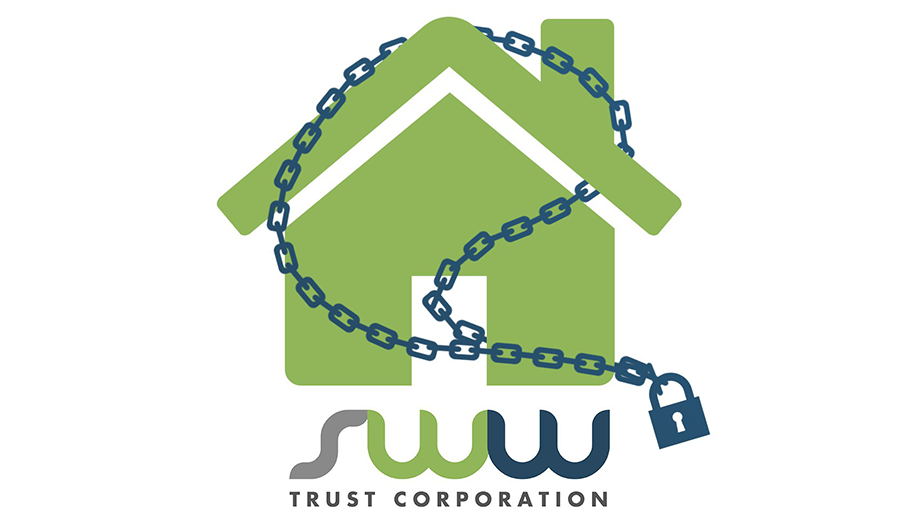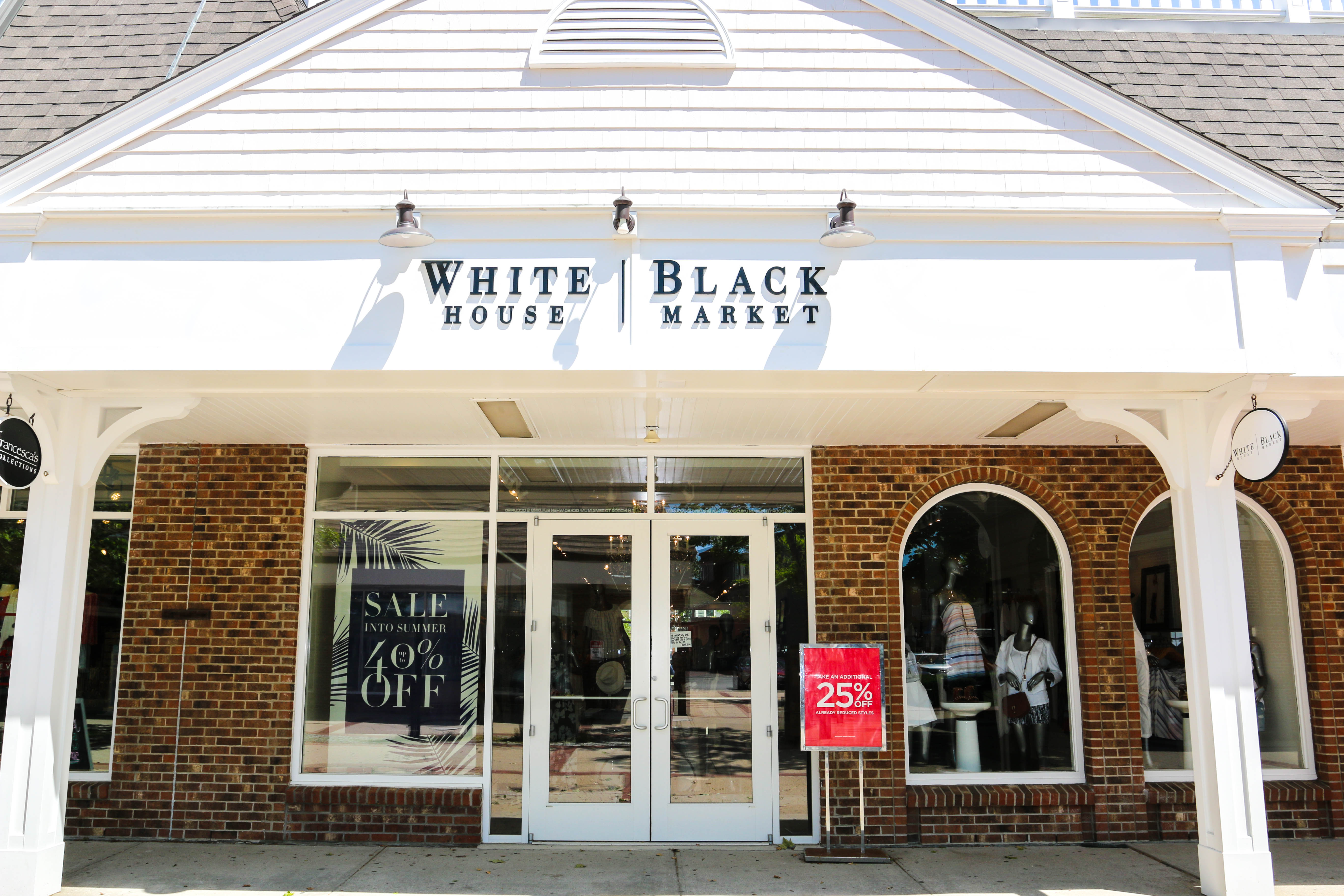Table Of Content

We usually expect about 10% of your estate to be eaten up in probate court through legal fees, inventory fees, court costs etc. For smaller estates, the percentage can be much larger – sometimes leaving little behind for your loved ones. Probate is the legal process through which the court ensures that, when you die, your debts are paid and your assets are distributed according to the law. Legal fees, executor fees, inventory fees (county taxes), and other costs have to be paid before your assets can be fully distributed to your heirs. For instance, if it’s revocable, you can change the terms of the trust up to your death – but by not making it irrevocable, the assets won’t be completely protected from creditors if you were sued.
Who should you choose as your trustee?
Forbes free templates that you can use, as the specific language you need to include can vary by state. Talk with an estate lawyer to learn more about what type of trust of best for your situation. If you want to transfer property out of the trust you can take the same general steps. Now that we have talked about some of the major pros and cons of putting a house into a trust, we are going to answer some additional questions we get from clients about putting a house into a trust.
Alternatives to Putting a House in a Trust
Though that might seem like a positive, it’s important to consider the full implications of no longer legally owning the assets you put into the irrevocable trust. When you put an asset, like a house, into a trust, you’ll typically name yourself as the trustee (if it’s a living, revocable trust, keep reading to learn more). You’ll also name a successor trustee who’ll take over when you pass away. The main benefit of putting your house in a trust is to bypass probate when you pass away. All your other assets, regardless of whether you have a will, will go through the probate process. A plan for what will happen to your home after you die might not be fun to think about, but it’s nonetheless important.
Rocket Sister Companies
In other words, a property trust makes the transfer of your home to someone else legal. And this process makes it far more likely that the outcome you want will happen than only going by verbal consent. When you create a property trust, it can either be a revocable or an irrevocable trust. The final step of transferring real estate into your living trust is to file the deed transfer with the local office that keeps property records. (It may be the recorder's office, county clerk’s office, land records office, or something similar.) If you don't file the deed, then there will be no official record of the transfer. A trust is a legal arrangement or plan that allows a grantor or settlor to transfer their assets to a separate entity managed by a trustee/successor trustee.
Additionally, you will name your beneficiaries in your revocable living trust. Your beneficiaries are your loved ones that you want to inherit your money and property after you die. There are some restrictions on the types of assets that can be transferred into trusts. For example, IRAs can’t be placed directly in a trust like other assets can (although the same effect can be achieved by naming an IRA as the beneficiary of the trust). Learn more about irrevocable trusts and whether one is right for you.
Rocket Mortgage
Probate can also drag out in certain cases, potentially costing a significant amount of money and lasting for months or even years. Trust assets are only passed on according to the instructions in the trust document, so you can help your heirs avoid a long and costly probate. Probate is a public process, so anyone can see the size of your estate (often what you actually owned), who you owed debts to, who will receive your assets, and when they will receive them. The process invites upset heirs to contest your will and can expose your family to greedy creditors and potential fraudsters. These costs can vary widely, but we’ve had clients who had to pay tens of thousands of dollars throughout the probate process. In general, probate is much, much more expensive than doing some simple estate planning in advance.

What is a Trust Account? UK Trust Bank Accounts - Moneyfactscompare.co.uk
What is a Trust Account? UK Trust Bank Accounts.
Posted: Tue, 30 Aug 2022 07:00:00 GMT [source]
You can also choose secondary beneficiaries in case your first choice can’t inherit for some reason. If you want more flexibility, an RLT is generally the better choice. But if you want stronger protection of assets, you’d likely want to give up the flexibility and opt to create an irrevocable trust. A trust is a legal arrangement in which you separate the ownership of your assets from the possession and management of those assets. If you have a small estate or if you’re leaving everything equally to a spouse and children, then a will may be all you need.
A revocable trust becomes irrevocable after you die since you can no longer close it. One of the main reasons people put their house in a trust is because assets in a trust do not go through probate after you die, while everything you bequeath through your will does go through probate. Probate is a public process and allows anyone to see what was in your estate when you died, how much your estate was worth, and the people who received your things. Using a trust to pass on your house can also transfer ownership faster than a will would have.
How Does Putting A House In A Trust Work?
A revocable/living trust is similar to a will, because it stipulates the original homeowner’s wishes upon death. When the grantor passes away, the property in the revocable trust is distributed to the grantor’s beneficiaries, per the terms of the trust agreement. If you want to hold your property in a trust, you’ll first need to create one. To create a revocable, living trust, you’ll need to choose a successor trustee who’ll take control of the trust once you pass away. An irrevocable trust can’t be changed or terminated after it’s been executed. With this type of trust, you forfeit ownership of any assets in the trust and the trustee takes control of these assets.
You may want to put your house in an irrevocable trust if you need to lower your taxable estate for Medicaid eligibility or other income-restricted programs. Assets in an irrevocable trust usually cannot be claimed by a creditor, offering you asset protection in the event you need to repay someone. Assets in an irrevocable trust are also safe from the Medicaid estate recovery program. Since there is no probate court process when you have a living trust, there is no need to make your assets public. On the other hand, if your house is only included in a will, the will’s contents are made public when it is entered in probate court. If you own property in other states, your family could face multiple probates, each one according to the laws in that state.
NerdWallet does not and cannot guarantee the accuracy or applicability of any information in regard to your individual circumstances. Examples are hypothetical, and we encourage you to seek personalized advice from qualified professionals regarding specific investment issues. Our estimates are based on past market performance, and past performance is not a guarantee of future performance. Similarly, the issuer of any homeowner’s or other insurance policies on the property should be notified of the ownership change. This usually can be handled with a phone call to the insurance agent or broker.
When you purchase and own a home, your name is on the title to the property, indicating ownership. But you can transfer ownership of your residence to another person or entity in the form of a real estate trust. Because estate and trust laws vary from state to state, it’s always a good idea to consult an attorney as you begin to create an estate plan. With a revocable trust, you’ll typically act as your own trustee and name someone else to become trustee upon your death or incapacitation.
The offers that appear on this site are from companies that compensate us. But this compensation does not influence the information we publish, or the reviews that you see on this site. We do not include the universe of companies or financial offers that may be available to you. A life estate is a legal way to pass the ownership rights of your home to another person. Preparing for life after your death is never easy, but knowing you’ve made arrangements for your assets to be passed to your heirs once you’re gone can give you invaluable peace of mind.













